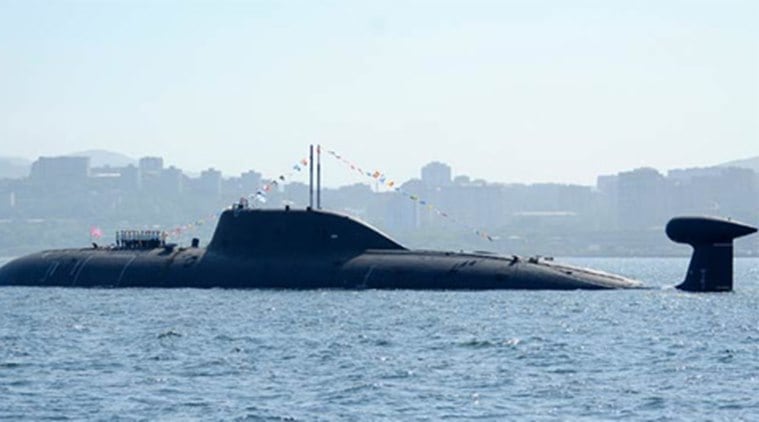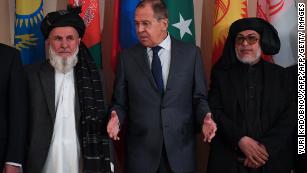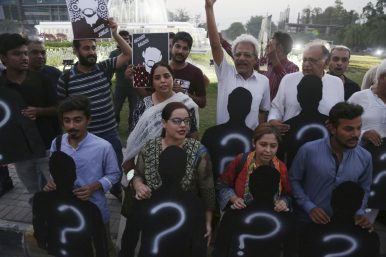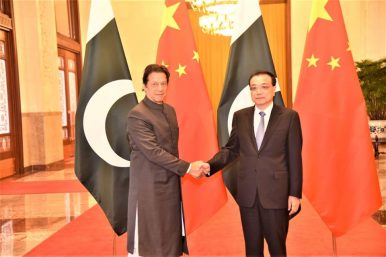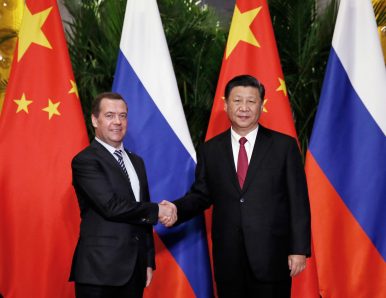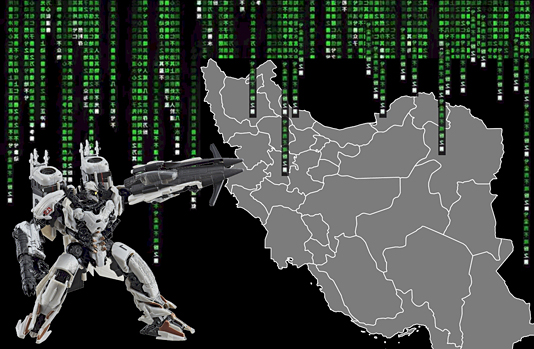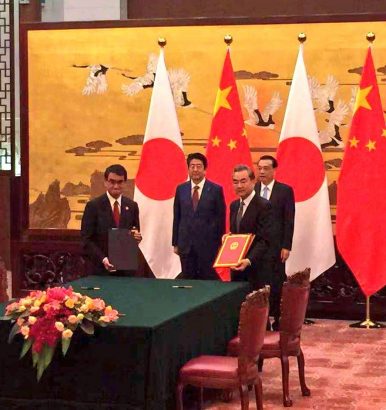In October 2018, a select group of Russian and American experts met at the Center for Strategic and International Studies (CSIS) in Washington. Their meeting, convened by CSIS and the Russian International Affairs Council (RIAC), aimed to discuss four topics central to U.S.-Russian relations: the conflict in Ukraine, the future of the European security order, the war in Syria, and the question of interference in other states’ political processes. The attendees participated not as representatives of their countries or governments but rather as experts working collaboratively to define the problems at hand and consider possible solutions. Their goal was to identify the positions of stakeholders with an eye to defining the possibilities for future negotiations and paths out of conflict.
Despite the importance of all four of those topics to global and regional security, to say nothing of bilateral relations between the United States and Russia, the expert group agreed that the biggest challenge to resolving any of them is that Russian, American, European (including Ukrainian), Syrian, and other relevant governments do not see their resolution as urgent. Although these stakeholders may not be happy with the status quo, they often see alternatives as likely to be worse, or at least to pose new risks.
 China and India must not allow outside powers to “play them off” against each other as anxieties rise in other countries over Beijing’s rapid gains in economic and strategic influence, an Indian senior ex-diplomat said.
China and India must not allow outside powers to “play them off” against each other as anxieties rise in other countries over Beijing’s rapid gains in economic and strategic influence, an Indian senior ex-diplomat said.